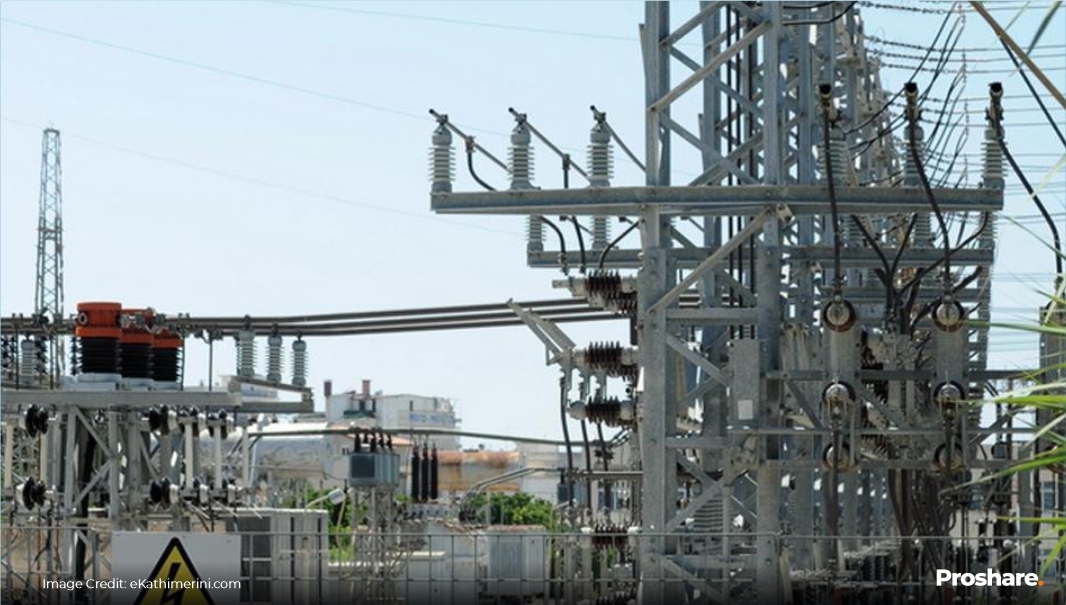Nigeria’s tax credit system according to a member of the Monetary Policy Committee, Mike Obadan, is unsustainable.
He urged the government to reconsider how it funds capital projects in a remark he delivered at the most recent Monetary Policy Committee meeting and which the Central Bank of Nigeria made public.
Importantly, he added, “The government needs to review how it finances capital projects, particularly infrastructure. The current borrowing-based and tax credit-based funding strategies are unsustainable.
“The Tax Credit Scheme results in a reduction in tax revenue for the government. The Federal Government should therefore find the motivation to allow the Infrastructure Corporation of Nigeria to receive crucial infrastructure funding.”
He claimed that the government will gain from this because no tax revenue will be lost, the projects are built, and the country and citizens gain. “The fiscal capacity for prioritized pro-poor investment will increase if INFRACO is patronized”.
Earlier this year, the former Minister of Works and Housing, Babatunde Fashola, explained that the tax credit scheme is a new model that promotes collaborations with private businesses, where taxes are paid in advance to enable the government to invest in significant projects that would be advantageous to its citizens.
Recall that between 2019 and 2021, tax cuts and concessions for large firms required the Federal Government to forfeit N16.76 trillion in revenue.
By the end of 2021, 46 businesses had benefited from various tax advantages and duty waiver programs, while 186 businesses’ claims were still being processed.
They benefited from the three-year tax savings provided by the Industrial Development Income Tax Act’s pioneer status exemption.










